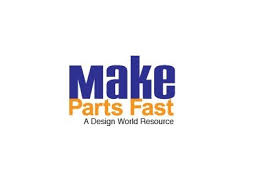Make Parts Fast •
February 24, 2022
BMF Expands in Boston and Shenzhen
Boston Micro Fabrication (BMF) announced that it has expanded global operations with new state-of-the-art facilities in Greater Boston and Shenzhen, China. This news comes after a monumental year for BMF, as the company significantly grew global revenue in 2021 while adding over 100 new customers to double its installed base.






